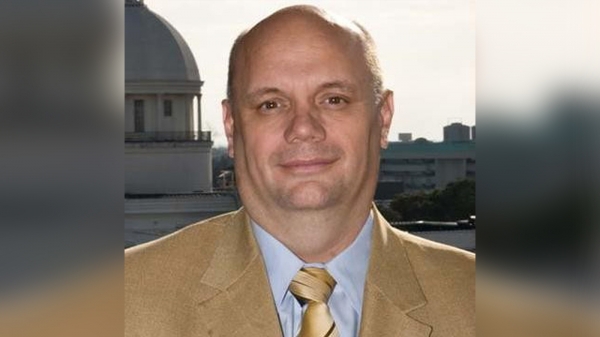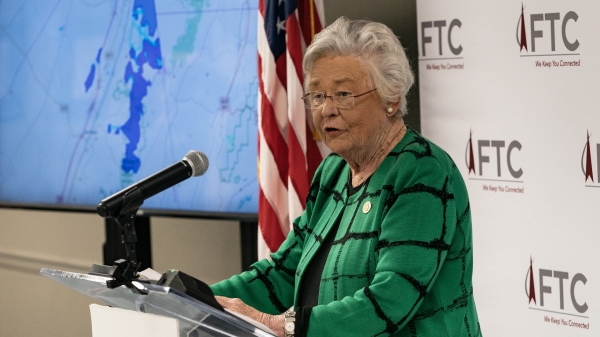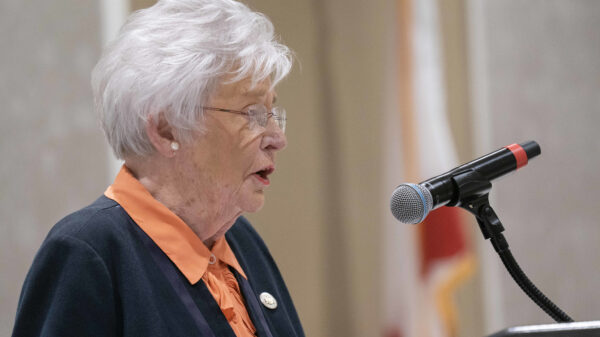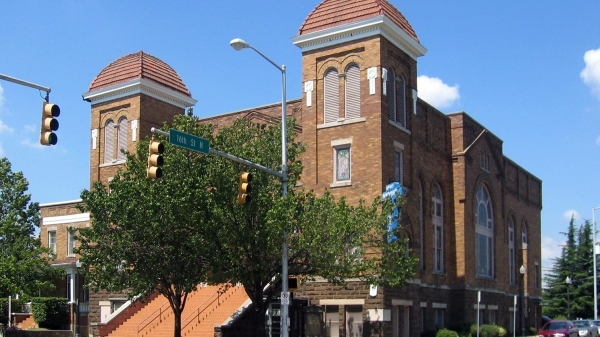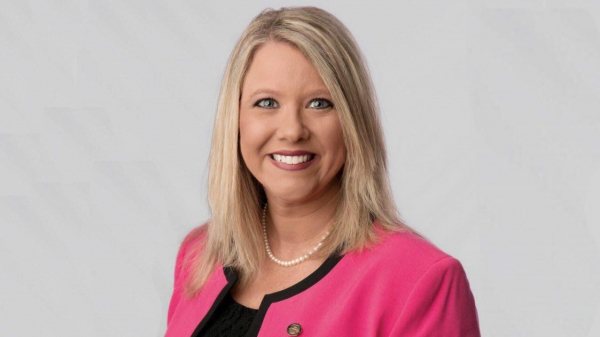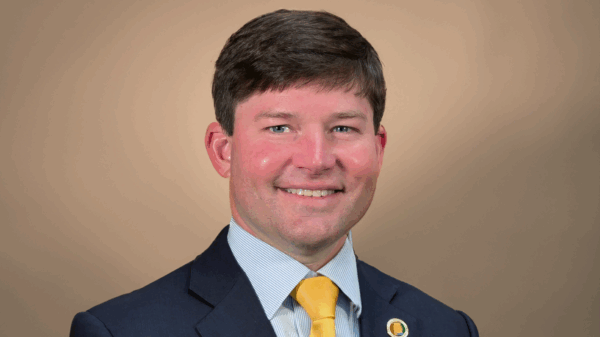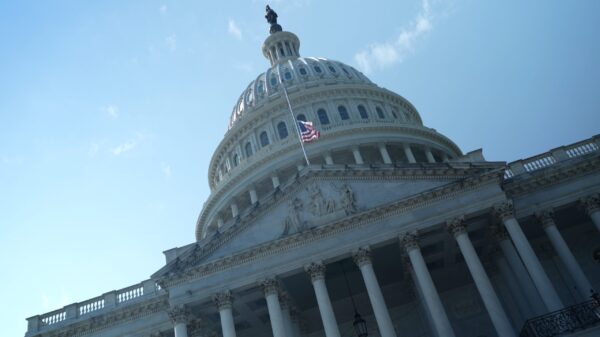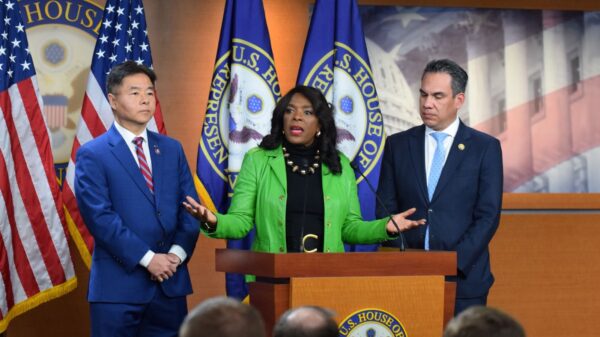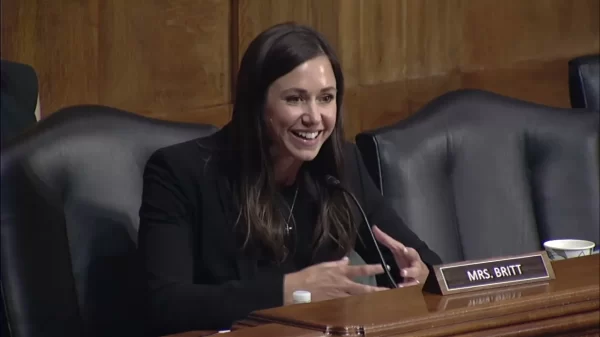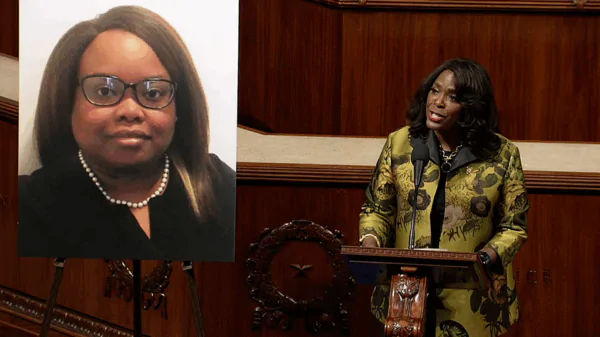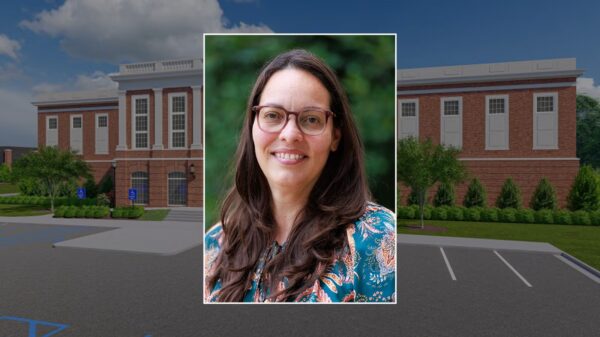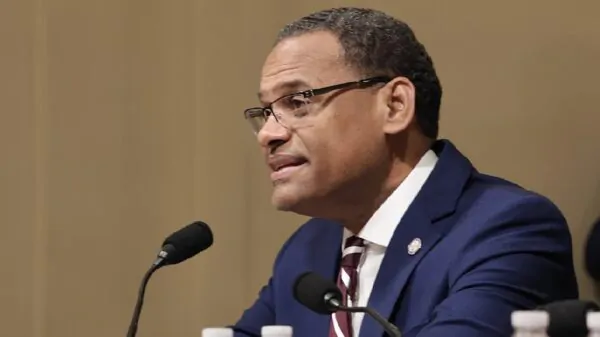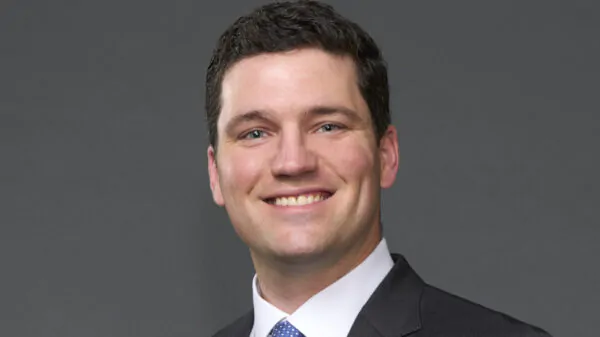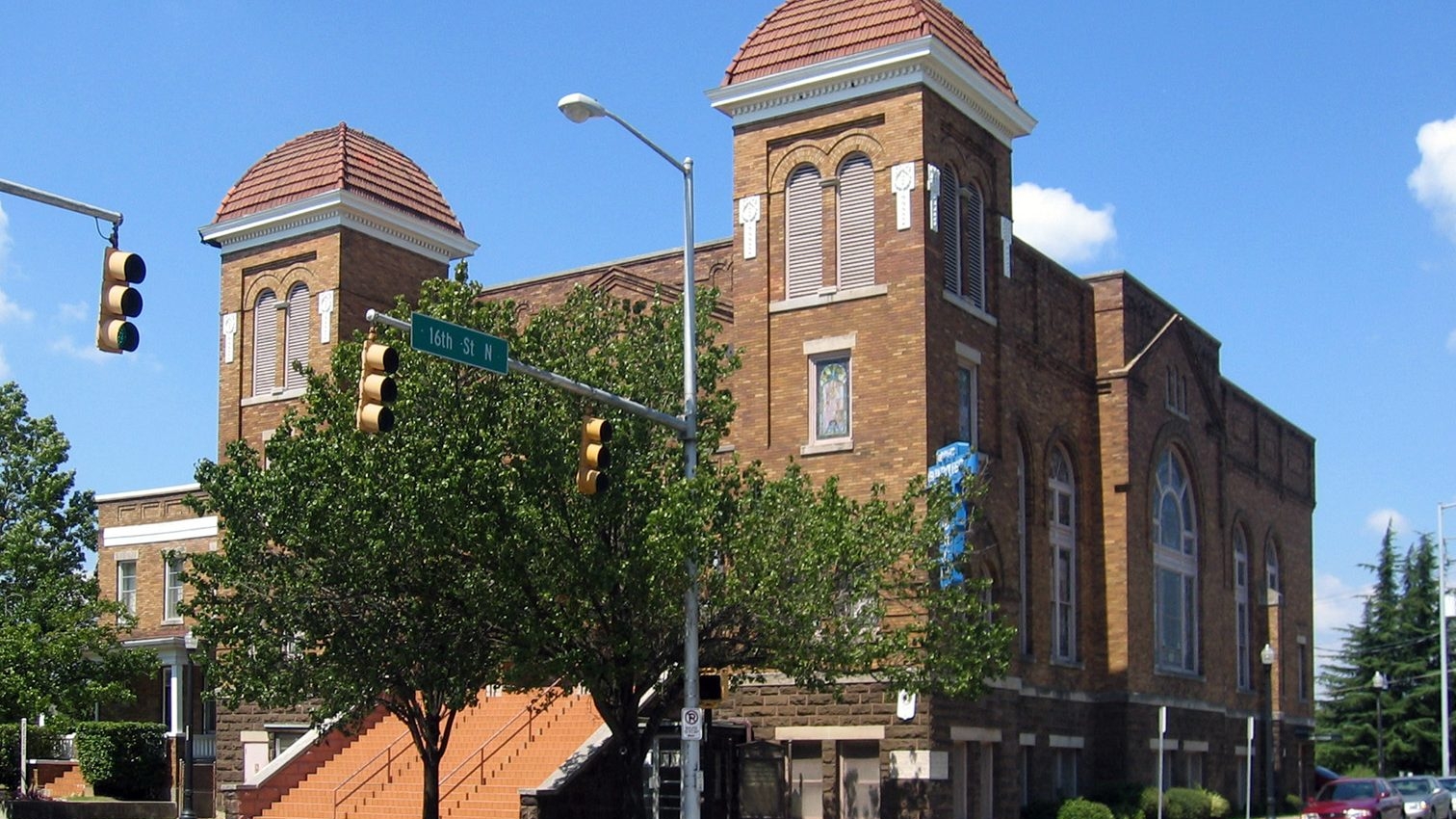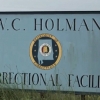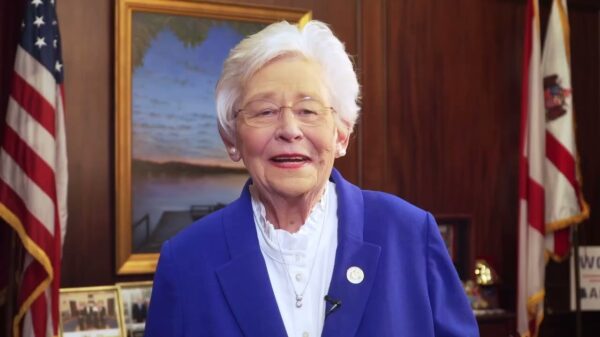Alabama Governor Kay Ivey declared a statewide day of remembrance for Carole Robertson, one of the four victims of the 16th Street Baptist Church bombing, in a proclamation made Monday.
Ahead of the 62nd anniversary of the bombing, which took Robertson’s life at fourteen years old as well as the lives of 14-year-old Addie Mae Collins, 14-year-old Cynthia Wesley and 11-year-old Carol Denise McNair, Ivey declared September 20 Carole Robertson Day.
The bombing was planned and committed by four members of a local chapter of the Ku Klux Klan, using 19 sticks of dynamite attached to a timer and left beneath the church’s steps. Alongside ending the lives of four young girls, the explosion injured up to 23 people in and around 16th Street Baptist Church.
“It is fitting and proper that we pause to remember Carole Robertson, her life cut short far too soon and the enduring call to action her memory represents in advancing peace, unity and opportunity for all people,” Ivey’s proclamation reads.
Robertson was born on April 24, 1949. She grew up in Smithfield and was the third child of Alpha Robertson, a local librarian, and Alvin Robertson, an elementary school band director.
Ivey described the bombing as “an act of violence that shocked the nation and became a pivotal moment in the Civil Rights Movement.”
Less than a year after the 16th Street Baptist Church bombing, the Civil Rights Act of 1964, which prohibited discrimination in public accommodations, was passed.
The cruelty of the bombing drew wider attention from media, politicians and the general public to the violent enforcement of segregation in Birmingham, becoming the most famous incident among dozens of racially motivated bombing attacks that plagued the city in the 1950s and 60s.
As well as targeting civil rights leaders, often at churches, these attacks were aimed at enforcing the segregation of neighborhoods by targeting Black citizens seeking to move into predominantly white communities.
“Miss Robertson’s life and legacy continue to serve as a powerful reminder of the innocence lost and the high price paid in the pursuit of justice and equality,” Ivey wrote in her proclamation.
Ivey’s proclamation also points to Robertson’s active participation in the 66th Chapter of Jack and Jill of America, a leadership organization for African American mothers and their children.
“Miss Robertson embodies the mission of Jack and Jill of America Inc., which is to nurture future African American leaders through leadership development, volunteer service, philanthropic giving and civic duty, and her life continues to inspire the organization’s ongoing commitment to uplifting children and strengthening families and communities,” the governor proclaimed.
Jack and Jill of America honors Robertson each September.
According to a local chapter of the organization based in Essex County, New Jersey, Jack and Jill of America’s version of Carole Robertson Day was first declared at a remembrance event for Robertson, held a year after the 16th Street Baptist Church bombing.
At the event, Jack and Jill of America leaders declared local chapters were to honor Robertson’s memory each September “with an activity that would highlight the goals of human rights, civil rights and racial harmony that Carole did not live to enjoy.”
According to Jack and Jill of America, Robertson also belonged to the Girl Scouts of the United States of America and participated in Parker High School’s marching band and science club, as well as singing in the Wilkerson Elementary School choir.
In its description of the impact of Carole Robertson Day, the Greater Essex County Chapter of Jack and Jill of America cites a 1993 Essence magazine essay written by activist and Birmingham native Angela Davis.
In the piece, Davis, who knew Robertson from an early age, urges greater public remembrance of the four victims’ deaths, as well as their promising futures, cut short by their loss of life.
“What bothers me most is that their names have been virtually erased: They are inevitably referred to as ‘the four Black girls killed in the Birmingham church bombing.’ I would like to remember not only the terror that claimed [Robertson’s] life and that of her Sunday-school friends, but also the positive lives they claimed for themselves as teenage girls,” Davis wrote. “Along with our memories of that horrible day and what it symbolized, I would also like us all to consider what Carole Robertson, Cynthia Wesley, Addie Mae Collins and Denise McNair might have become.”
It wasn’t until 1977 that the first of the church bombing suspects, Robert Chambliss, was prosecuted by Alabama Attorney General William Baxley. Chambliss was sentenced to life in prison; however, he was charged only with the first-degree murder of McNair.
Two additional conspirators, Bobby Cherry and Edwin Blanton Jr., were charged in 2001 and 2002 following federal and statewide reopening of the bombing case, prosecuted by future U.S. Senator Doug Jones, D-Ala., then a U.S. Attorney for Alabama’s Northern District.
The two men were sentenced to life in prison for four counts of first-degree murder.
The alleged fourth conspirator, Herman Cash, died in 1994 and was never charged for involvement in the bombing.


